detail profile luc moullet
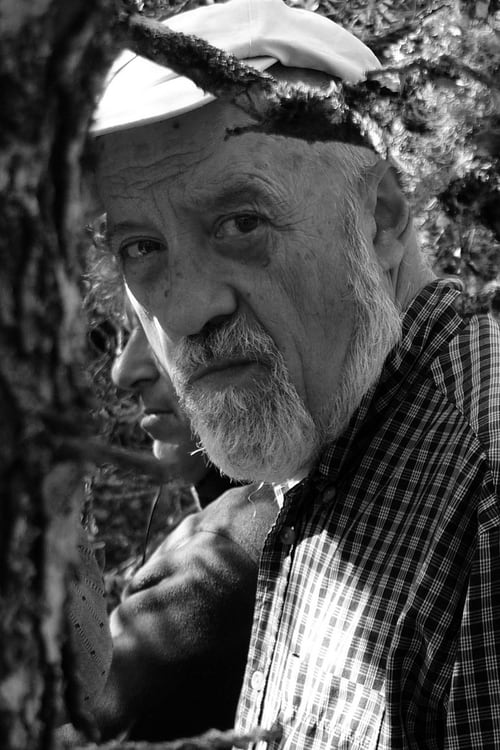
Riwayat Hidup
Luc Moullet (b.
14 October 1937 in Paris) is a French film critic and filmmaker, and a member of the Nouvelle Vague or French New Wave.
Moullet's films are known for their humor, anti-authoritarian leanings and rigorously primitive aesthetic, which is heavily influenced by his love of American B-movies.
Though such influential filmmakers and critics as Jean-Luc Godard, Jean-Marie Straub, Jacques Rivette and Jonathan Rosenbaum have consistently praised his work, he has never found commercial success, even in his native France.
Moullet is known to frequently act in his movies.
Info Pribadi
Peran Yang Di Mainkan Luc Moullet
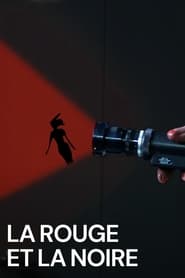 Carrying on Luc Moullets unfinished screenplay...
Carrying on Luc Moullets unfinished screenplay...La rouge et la noire 2011
Carrying on Luc Moullets unfinished screenplay about the theft of la pénélope, a camera created by Aaton and capable of recording equally well in 35 mm and digitally, LA ROUGE ET LA NOIRE is a film in kaleidoscope form. The portrait of Aatons founder, Jean-Pierre Beauviala creator, inter alia, of the time-code and the light cameras used by the New Wave (in particular the bush camera specially designed for Jean Rouch) is centered around the basic plot introduced by two women thieves who talk as voice-overs, and whose identities will only be revealed at the end.
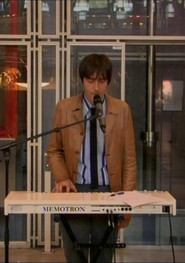 In the fall of 2010 Bozon and...
In the fall of 2010 Bozon and...L'Imprésario 2010
In the fall of 2010, Bozon and co-conspirator Pascale Bodet commandeered the first floor of Paris’s famed Centre Pompidou for 10 days of screenings, lectures and performances that amounted to a counter-canonical history of French cinema. During the ensuing merriment (entitled Beaubourg, la dernière Major !) audience members were invited to observe the daily making of this film, directed by Bozon and written by Axelle Ropert, about an inexperienced young journalist (Laure Marsac) sent to the Pompidou to interview a maverick artistic impresario (Thomas Chabrol). The result is an unexpected love story that is also a record of this landmark exhibition, featuring cameos by Raul Ruiz, Paul Vecchiali, Luc Moullet and more !
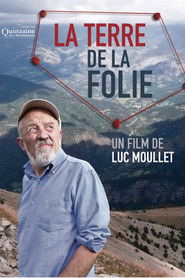 Moullet explores the causes and consequences...
Moullet explores the causes and consequences...Land of Madness 2009
Moullet explores the causes and consequences of cases of mental disorders that were especially numerous in the Southern Alps.
 A tongueincheek short by Luc Moullet...
A tongueincheek short by Luc Moullet...Jean-Luc as Seen by Luc 2006
A tongue-in-cheek short by Luc Moullet, filmmaker and critic. Moullet was one of Godard's early friends and collaborators at the Cahiers du cinéma.
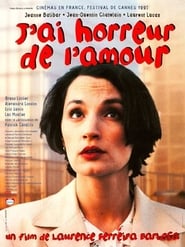 Independent Parisian doctor Annie finds herself...
Independent Parisian doctor Annie finds herself...I Hate Love 1997
Independent Parisian doctor Annie finds herself in an emotional tangle when she tries to help single-minded HIV-positive patient Laurent and embarks on a brief affair with conceited actor Richard.
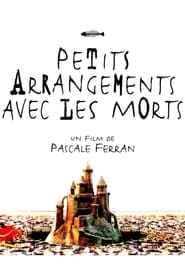 Its summer on the beach of...
Its summer on the beach of...Coming to Terms with the Dead 1994
It’s summer, on the beach of this little town in Brittany, a man is building a sand castle. A few people watch him. We will be told the story of three of them: a boy, Jumbo, aged 9; François and his sister Zaza. All of them had to deal with the death of somebody they cherished.
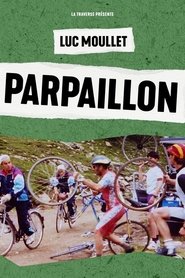 A bicycle race is held every...
A bicycle race is held every...Up and Down 1993
A bicycle race is held every year in a pass of the Alps called Parpaillon. With the energy of a skillful cyclist perhaps as a great tribute to François, the mailman played by Tati in The Big Day, Moullet makes a comedy by pedaling at a pace that allows him to reinvent the possibilities of film gags. La Cabale des oursins is a guided tour to the northern France, transformed into a Geography lesson in the pataphysical style of an Alfred Jarry disciple.
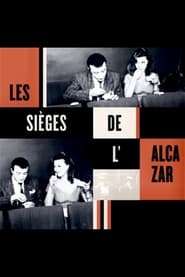 Guy film critic of the Cahiers...
Guy film critic of the Cahiers...Les Sièges de l'Alcazar 1989
Guy, film critic of the Cahiers du Cinéma and terminal cinephile, plans to write about the Vittorio Cottafavi retrospective at the Alcazar, his local cinema. One day he notices that Jeanne, film critic of Postif, the rival magazine, seems to be following him. He is intrigued-- is she interested in him, or planning to poach his praise for Cottafavi in her own article?
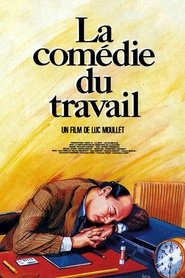 Sylvain Berg a professional unemployed who...
Sylvain Berg a professional unemployed who...The Comedy of Work 1988
Sylvain Berg, a "professional" unemployed who spends his time hiking and mountain climbing, and "model" bank employee Benoît Constant, who has just been fired and does not want his wife to find out, both find themselves in Françoise Duru's office at an employment agency. Françoise is secretly in love with Sylvain, so in order to keep him close she convinces her employer to give Sylvain a job he doesn't want, instead of Benoit who not only wants it but also has the right qualifications.
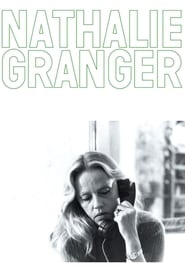 With little or no embellishment filmmaker...
With little or no embellishment filmmaker...Nathalie Granger 1973
With little or no embellishment, filmmaker Marguerite Duras offers a simple, often wordless chronicle of a woman's day. She and her friend are seen doing yard work, talking about their families and receiving the occasional visitor. The brightest spot in the day is when a washing machine salesman comes to call.
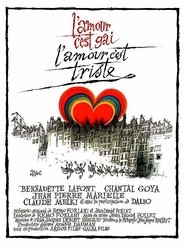 In a culdesac in the FaubourgSaintAntoine...
In a culdesac in the FaubourgSaintAntoine...Love Is Gay, Love Is Sad 1971
In a cul-de-sac in the Faubourg-Saint-Antoine, Leon shares two rooms with his sister Marie. In one, he receives his clients: he is a tailor. In the other, Marie receives her own: she is a clairvoyant. Leon was happy until he learned what Marie was hiding from him. She is actually a prostitute, and Maxime, her supposed fiancé, is her pimp. On the same day, Leon also discovers love in the form of Arlette, a provincial young woman picked up by Marie.
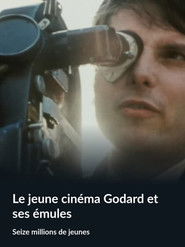 Influenced and inspired by JeanLuc Godard...
Influenced and inspired by JeanLuc Godard...Young Cinema: Godard and His Emulators 1967
Influenced and inspired by Jean-Luc Godard, some young french directors (Jean Eustache, Francis Leroi, Jean-Michel Barjol, Romain Goupil, Luc Moullet) are talking about their problems in producing less expensive and more free films in the french industry of cinema of the 60's.
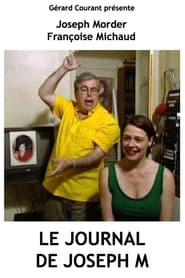
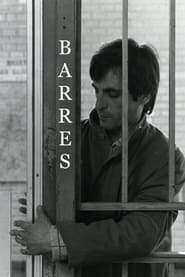 The 1984 short Barres celebrates the ingenious...
The 1984 short Barres celebrates the ingenious...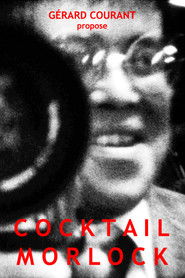
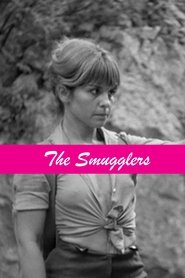 Two young women leave claustrophobic city...
Two young women leave claustrophobic city... Episodes in the lives of two...
Episodes in the lives of two...